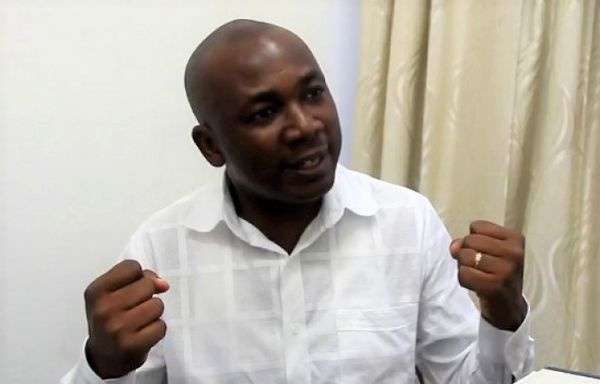Ghana’s fiscal deficit reported for the 2021 fiscal year has been revised downwards by 0.3 percentage points as a result of the strong growth of the economy last year.
The Ministry of Finance disclosed that the country’s fiscal deficit for 2021, including energy and Finsec payments, has reduced from 11.7 percent reported earlier to 11.4 percent as a result of a strong expansion of the economy in the last quarter of 2021. The 7.0 percent expansion of the economy in Q4 2021 also reduced the fiscal deficit for 2020 from 15.0 percent to 14.7 percent of GDP, according to updated figures by the Ministry of Finance.
However, the International Monetary Fund (IMF), in a recent meeting with the Ministry of Finance, urged the government to urgently take tough measures to restructure the country’s rising debts. The Fund, in its new assessment of Ghana’s debt position, raised issues regarding debt sustainability and urged the government to improve its revenue position or else, slowdown its frequency of borrowing.
The review of the economy by the IMF, followed a recent press release by the Ministry of Finance that stated that “the rate of debt accumulation is tapering off, and there is a slowdown in fiscal expansion with Ghana on track to return to the Fiscal Responsibility Act deficit threshold of 5 percent of GDP by 2024”.
Updated figures from the Ministry of Finance show that last year’s provisional GDP growth of 5.4 percent, resulted in Ghana’s public debt stock declining to 76.6 percent of GDP at the end of 2021 compared to the 80.1 percent earlier reported. Similarly, the 2020 debt stock also reduced from 76.1 percent to 74.4 percent, “a further confirmation that the rate of debt accumulation has slowed to pre-pandemic levels”, the Ministry of Finance stated.
The Ministry of Finance highlighted that all major ratios such as the debt to GDP ratio, a key factor in determining debt sustainability, the fiscal deficit to GDP ratio, and Revenue to GDP ratio have declined compared to what was reported earlier.
Declining debt ratio not a guarantee for borrowing
However, though the debt-to-GDP ratio may have declined due to the expansion of the economy, the country’s gross public debt stock still remains unchanged at GH¢351.8 billion at the end of December 2021, according to data from the Bank of Ghana. Meanwhile, the IMF still forecast Ghana’s debt to remain high in the next five years, ending 2022 at 84.6 percent of the country’s GDP.

Whilst the new figures are positive and confirm the fact that the economy is rebounding post-COVID-19, “We have to be very cautious. The fact that debt-to-GDP ratio has dropped on the strength of higher growth doesn’t necessarily mean that we have the fiscal space to go on borrowing”, an Economist, Professor Godfred Bokpin, cautioned government.
Prof. Bokpin explained that the “debt-to-GDP ratio in itself is not a comprehensive measure of Ghana’s debt sustainability position”, adding that a mere look at the baseline interpretation of debt-to-GDP ratio simply shows how the country can pay its debt in a year.
Meanwhile, the Ministry of Finance disclosed in a statement that it will update its debt sustainability analysis (DSA) and revise its GDP projections for 2022 and the medium-term to reflect the positive developments in 2021 as well as recent policy decisions which have a bearing on sustaining the momentum towards robust economic growth.
READ ALSO: Gov’t To Address RSF’s Concern On Poor Economic Conditions Of Journalist- Information Minister





















